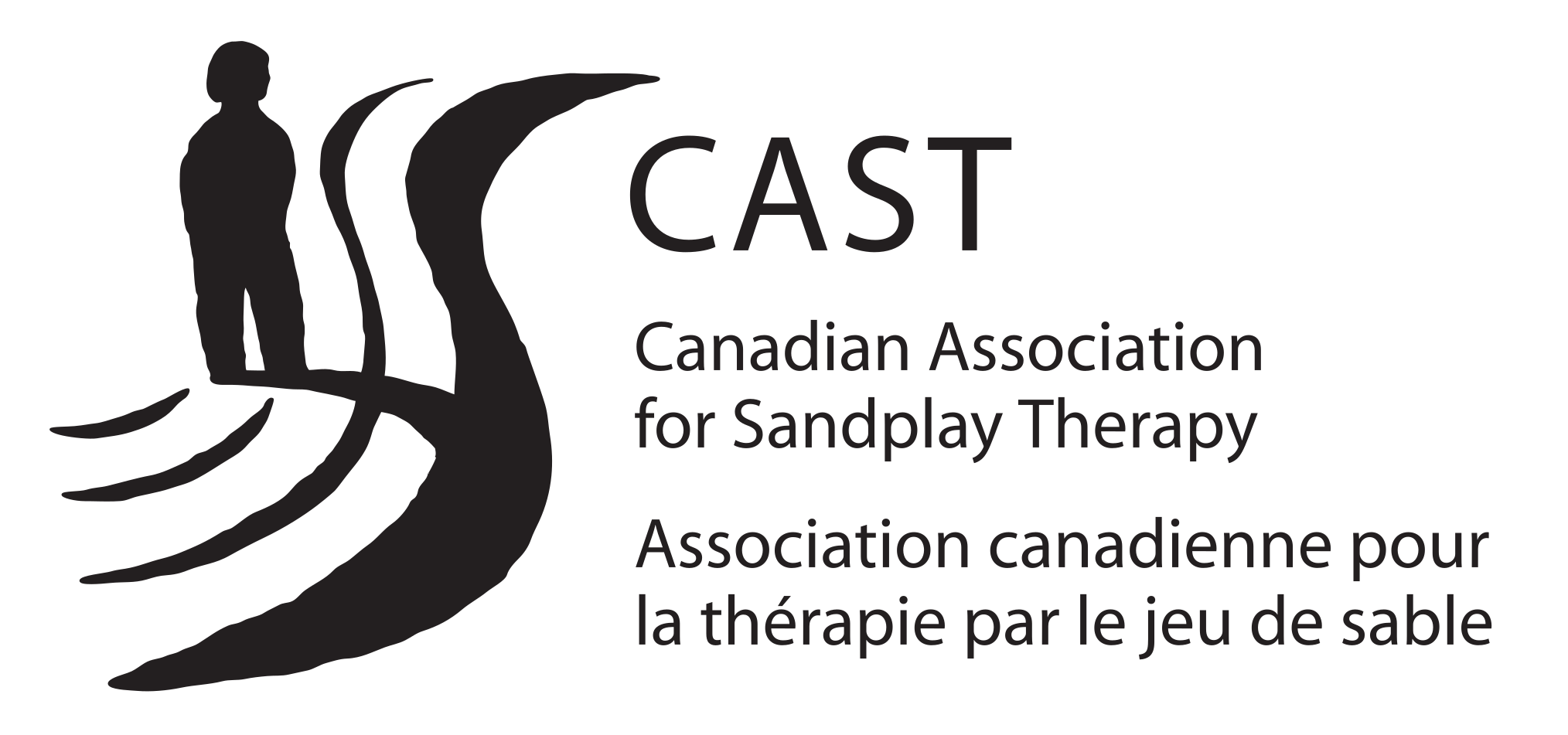Program Outline

For you to achieve either certification or practitioner status, you need to meet all the requirements of your chosen stream as listed on the Two Training Streams page. Both streams require that you complete the 100-hour training program outlined below.
All CAST-approved training courses include theoretical, experiential and client casework components. Through experiential learning and theoretical knowledge, the courses enable you to form a basis for understanding how to use sandplay in therapeutic practice or in other workplace settings. Presentation of case study material illustrates how sandplay can be incorporated with, and relate to, a client’s total process. The role of the witnessing professional and containment of the process is also addressed in the training. Training is led by CAST instructors approved by ISST.
Attendance and participation in training by professionals not currently intending to apply for international certification will be documented and will count for training hours should a future application to ISST certification be made.
Specific content will include, but is not limited to, the following themes:
- the historical development of sandplay, with emphasis on play and sandplay;
- developmental psychology and sandplay;
- attachment issues and trauma among children and adults, with a focus on a sensory approach and sandplay;
- archetypes and symbolic process in sandplay;
- Jungian analytical psychology and sandplay;
- specific archetypes, including the Mother, the Father, the Child, and the Self;
- fairy tales and myths and their relation to sandplay; and
- psychological dynamics of the client-therapist/practitioner relationship in sandplay.
The following is an outline of the contents of a typical 100-hour CAST Sandplay Therapy training course. The number and length of training modules may vary depending on training location. The order of presentation of the modules and their content may also vary. You will typically complete the training modules in the order they are offered though exceptions may be considered.
Typical Contents of Theoretical Training
History and Development of Sandplay: Play and Sandplay
- influences on Kalff
- basic elements of sandplay
- creating a “world”
- participating and observing/witnessing sandplay
- observation strategies
- introduction to cultural considerations in sandplay
- first sand pictures
Development and Sandplay
- typical and atypical psychological development, especially affect self-regulation and development of Self
- development of ego-Self axis
- attachment and attachment issues
- developing the capacity for free-flowing play
- development of human consciousness
- cultural development
- developmental stages observed in the sand
- appearance of ordering elements in sand pictures
- hands in the sand
- verbal/non-verbal; silence/non-silence
Jungian Sandplay
- elements of the psyche, according to Jung
- the mindbody and sandplay
- how is sandplay related to current neurobiological research findings?
- distinguishing observations from interpretations
- what part does story play?
- sandplay and other aspects of client process
- significance of location in the sandtray
Symbols and Symbolic Process in Sandplay
- specific reference to eastern, western and indigenous symbology
- development of symbolic function
- myths/fairytales/legends
- one’s personal myth/fairytale
- cultural impact on such development
- centering in the sandtray
The Mother Archetype/Feminine Archetypal Energy and Sandplay
- models from Jung et al, Kalff, Neumann
- feminist criticism
- contemporary models
- relationship to zeitgeist
- symbols/polarities/uniting the opposites
The Father Archetype/Masculine Archetypal Energy and Sandplay
- models from Jung, Neumann, Robert Moore et al, including Rise, Shaia
- sandplay and cultural attitudes/expectations
The Child Archetype/The Self and Sandplay
- mandalas and other Self symbols
- constellation of the Self in sandplay
- current research about disorders and repair of the Self
- The Secret Garden
- a completed process in sandplay
- ending therapy with the client
- guidelines for the sandplay therapist or practitioner

